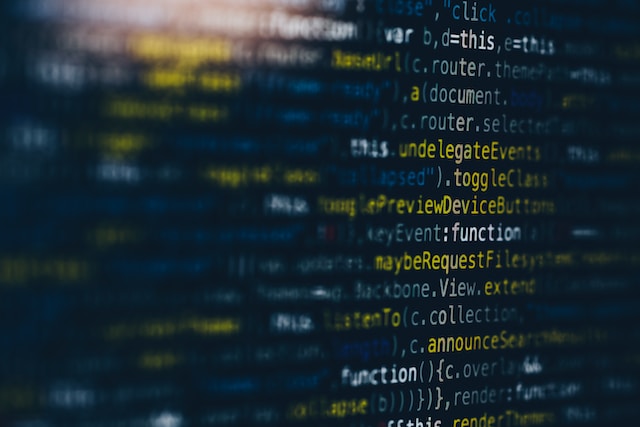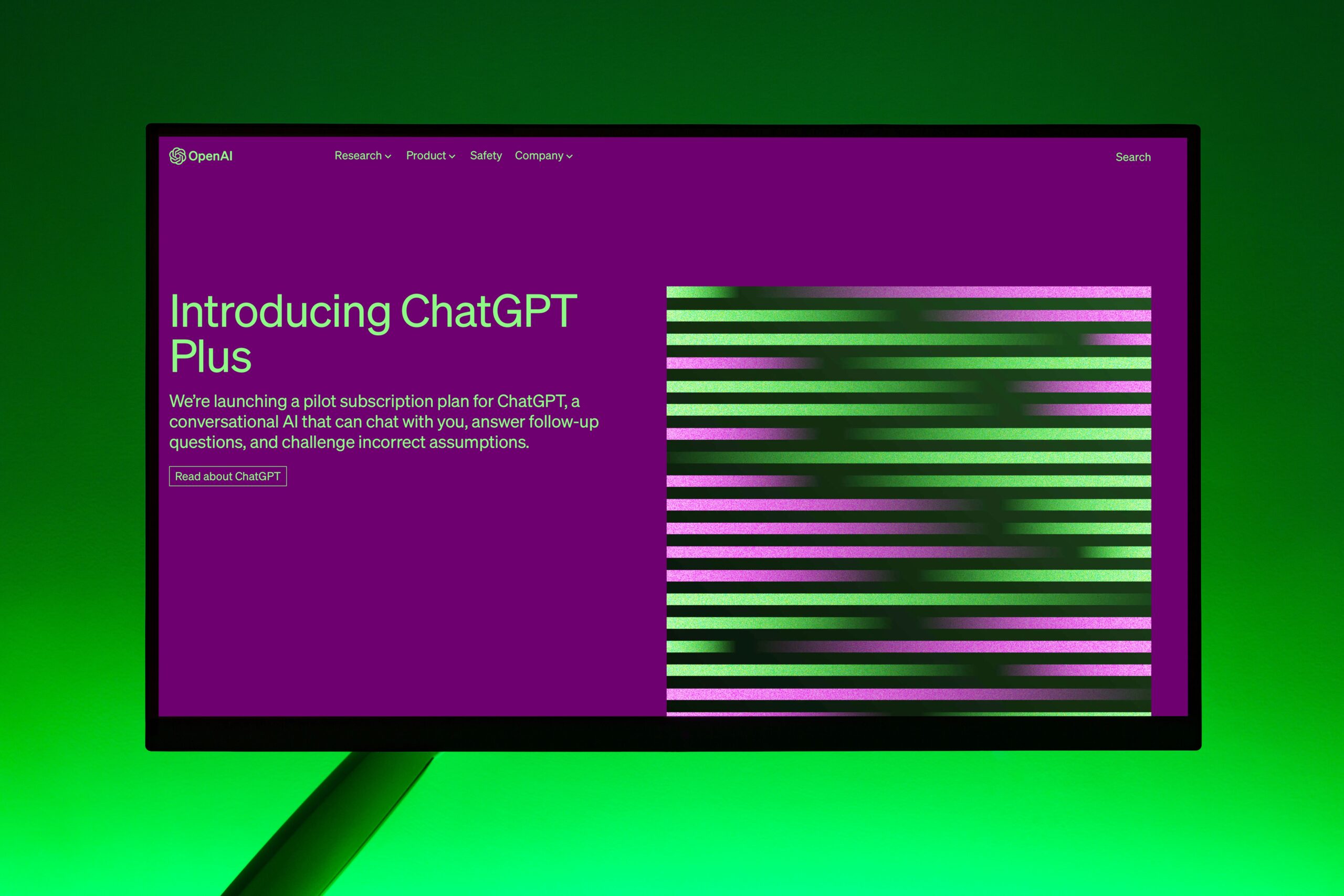From Idea to Launch: A Step-by-Step Guide to Building Your First Mobile App

Building an app seems hard. But anyone can do it with the right plan. This guide walks you through the entire process – from your first idea to launching in app stores.
You’ll learn:
- How to turn ideas into real apps
- The exact steps to follow
- Tools that make development easy
- How to avoid common mistakes
Let’s build your app!
1. Start With a Great Idea
Every successful app solves a problem. Ask yourself:
- What problem will my app solve?
- Who will use it?
- Is there demand?
Good app ideas:
- Make tasks easier
- Save time/money
- Entertain people
- Connect people
Bad app ideas:
- Copy existing apps
- Solve fake problems
- Have no clear users
Tip: Write down 10 ideas. Pick the best one.
2. Research Your Market
Check if people want your app:
- Search app stores – Are there similar apps?
- Google Trends – Is interest growing?
- Ask potential users – Would they use it?
Key questions:
- Who are my competitors?
- What can I do better?
- How will I stand out?
3. Plan Your App Features
List everything your app will do. Then:
Must-have features: Core functions
Nice-to-have features: Extra things
Example for a fitness app:
- Must: Track workouts
- Nice: Share progress
Tip: Start small. Add features later.
4. Choose Your Development Path
Option 1: Learn to code (3-6 months)
- Learn Swift (iOS) or Kotlin (Android)
- Take free courses online
Option 2: Use no-code tools (1 week)
- Glide (simple apps)
- Adalo (database apps)
- Bubble (web apps)
Option 3: Hire developers ($5,000-$50,000)
- Freelancers (Upwork)
- Agencies (Clutch)
Best for beginners: Start with no-code tools.
5. Design Your App
Make it look good and easy to use:
- Sketch screens – Paper or Figma
- Create flow – How users move through app
- Pick colors/fonts – Keep it simple
Free design tools:
- Figma
- Canva
- Adobe XD
Golden rule: Make everything obvious.
6. Build Your App
Follow these steps:
For no-code:
- Pick a template
- Add your content
- Connect features
- Test thoroughly
For coding:
- Set up development environment
- Code core features first
- Fix bugs
- Test on real devices
Important: Test after every change.
7. Test Your App Properly
Find and fix problems:
- Functionality testing: Do all features work?
- Usability testing: Is it easy to use?
- Performance testing: Is it fast?
- Device testing: Works on all phones?
Get testers:
- Friends/family
- Online communities
- Beta testing programs
Fix all major bugs before launch.
8. Prepare for Launch
Get everything ready:
- Create developer accounts
- Apple App Store ($99/year)
- Google Play ($25 one-time)
- Make marketing materials
- App icon
- Screenshots
- Description
- Promo video
- Set up analytics
- Firebase (free)
- Mixpanel
9. Publish Your App
Submit to app stores:
Apple App Store:
- Takes 1-3 days for review
- Strict guidelines
Google Play:
- Takes 1-2 days
- More flexible
Tip: Launch on one platform first.
10. Market Your App
Get your first users:
Free methods:
- Social media posts
- Tell friends/family
- Post in forums
- Reach out to blogs
Paid methods:
- App store ads
- Social media ads
- Influencers
Key: Focus on your target users.
11. Update and Improve
Keep making your app better:
- Read user reviews
- Fix reported bugs
- Add requested features
- Improve performance
Good schedule:
- Small update every 2 weeks
- Big update every 2 months
12. Common Mistakes to Avoid
❌ Building without validating idea
❌ Making app too complex
❌ Skipping testing
❌ Poor marketing
❌ Giving up too soon
Remember: Most apps need 6+ months to grow.
13. Cost Breakdown
No-code app: $0-$50/month
Freelance developer: $5,000-$20,000
Agency: $20,000-$100,000
Marketing: $500-$10,000
Tip: Start small to test your idea.
14. Success Stories
Instagram: Started simple – just photo sharing
Uber: Solved clear taxi problems
Flappy Bird: Simple but addictive
Lesson: You don’t need complex apps to succeed.
15. Your Action Plan
- Write down your idea
- Research competitors
- List key features
- Choose development method
- Design screens
- Build first version
- Test with real users
- Launch and market
- Keep improving
16. Final Tips
- Start small
- Get user feedback early
- Don’t aim for perfection
- Be patient
- Keep learning
You can do this! Many beginners build successful apps.
17. Next Steps
- Today: Write your app idea
- This week: Research competitors
- Next month: Build first version
Need help? Ask questions below!
Remember: Every big app started small. Start now! 🚀




